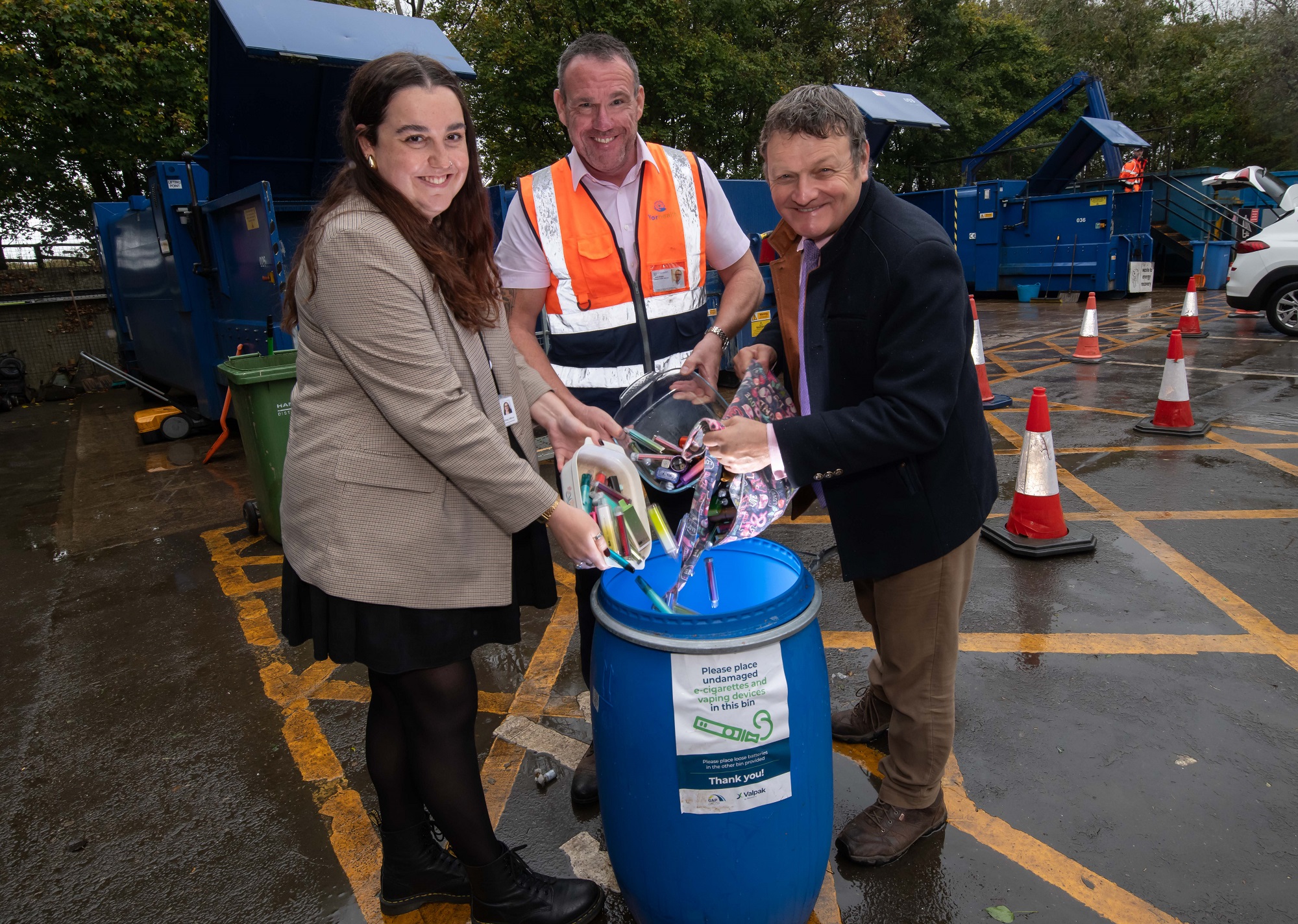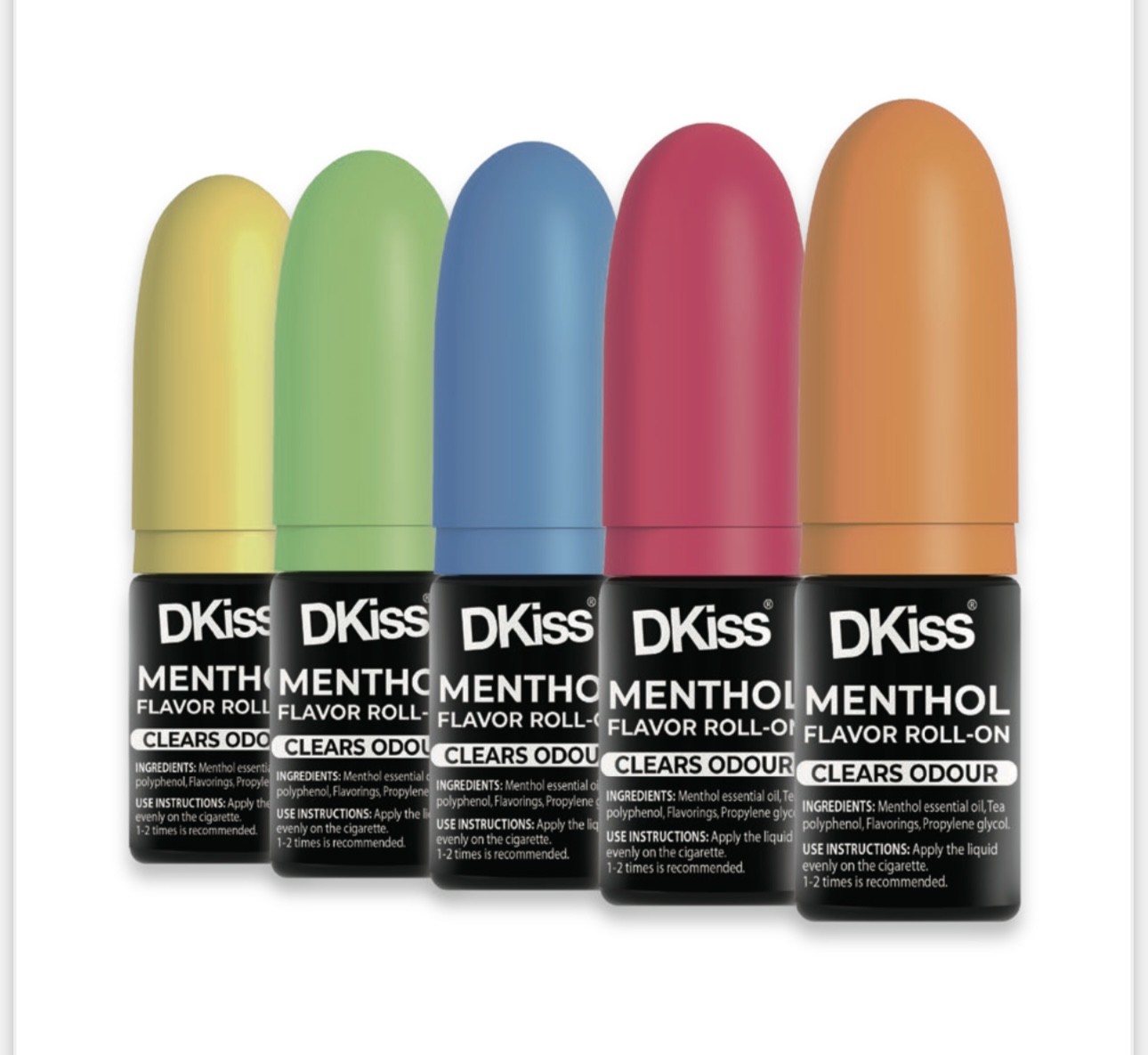
In North Yorkshire County in the United Kingdom, vape recycling bins have been installed at all 20 household waste recycling centers to prevent vapes from ending up in curbside bins.
Materials used in single-use vapes can harm the environment and must be disposed of separately.
Once collected at the recycling centers, they are transported to the recycling facility to be dismantled, and the lithium-ion battery is removed for processing while the metals and plastics are recycled.
Lithium-ion batteries can cause fires if discarded in curbside recycling or waste bins. These batteries cause most fires in the waste collection and recycling industry.
“This exciting new initiative has the aim of ensuring that people who use vape devices know how to dispose of them in the right way,” said the county’s executive member for waste services, Cllr Greg White. “Vapes are not safe to be recycled or disposed of in curbside bins or boxes at home. One incorrectly discarded vape could cause huge damage or serious injury.
“In August, we also introduced coffee pod bins at our recycling centers as we aim to continue expanding what we accept at our recycling centers. These initiatives demonstrate our commitment to responsible recycling and reducing our carbon footprint.”
Research released this year from Material Focus found that, in the U.K., the public is buying 7.7 million single-use vapes per week, which has doubled compared to 2022.
People are also throwing away 5 million single-use vapes per week, or eight per second, which has quadrupled compared to 2022.

















